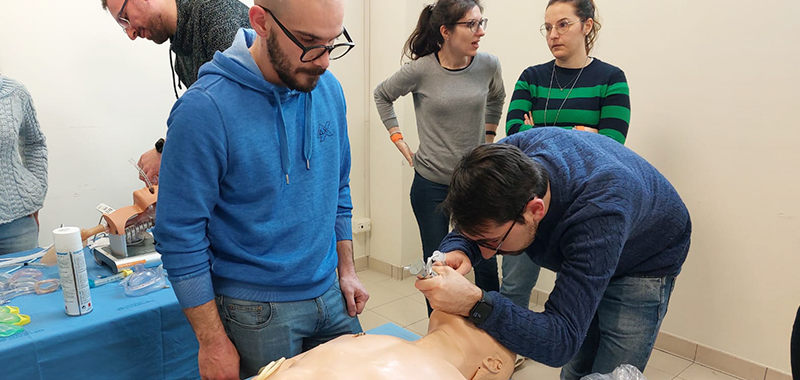
At the “Advanced simulation center in medicine – SimUMed” of the University of Foggia, it was recently held the course on Airway Management aimed at developing the ability to manage and control of the airway, addressed to different health professionals: nurses and doctors, mainly in medicine and surgery disciplines, acceptance and emergency, anesthesia and resuscitation, medical students and junior doctors residents.
Given the rapid evolution that can present the critical patient, the proper airway management requires cultural skills specifications and practical skills for which emergency professionals must possess adequate knowledge.
Airway management represents the basis of the anesthetist resuscitator in the operating room, intensive care therapy, emergency intra-hospital but also for the doctors in medicine, surgery and emergency as well as who works outside the hospital. Similarly, also the nurse professional is often faced with the management airway problem.
Among the different courses available in the calendar of the SimUMed, the course on Airway Management sets the goal to provide cultural competencies and basic practices to be able to deal with airway management emergencies.
Specifically, through the theoretical session, learners will acquire the ability to evaluate and address management of the airways by learning the theoretical foundations and then through the hands-on simulations will acquire practical skills.
In particular to:
- Know how to apply algorithms decision-making in the management of airways
- Recognize difficult airways
- Know and use basic and advanced devices for airway management
- Use of medicines in airway management
- Acquisition of non-technical skills and team work
The uniqueness of the course is represented by putting into practice the above skills, through the high fidelity simulation, which today it turns out to be the gold standard for sanitary continuing education.
The course is organised in two days, and during the last day the learners simulate real clinicians cases on high fidelity mannequins and will develop subsequently, through the debriefing, an open discussion and reflection in group, about technical and non-technical problems of the simulated scenario.
Knowing how to deal with clinical situations and unusual, predictably or unforeseen logistics difficulties determine a better patient outcome, which otherwise they would put at risk of life. The basic acquisition of technical skills and competences but especially of non-technical skills guarantees the ability to work in a team, avoiding or limiting the errors connected to the human factor.
The Course also issues a final certificate to the participants.
Written by the UniFg team (Italy)



